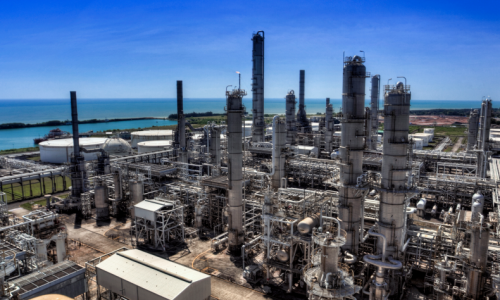PT Perkebunan Nusantara III (PTPN), a state-owned plantation holding company, is planning to construct a Fatty Acid Methyl Ester (FAME) plant with an annual production capacity of 450,000 tons. The plant, which is located in the Sei Mangkei Special Economic Zone (SEZ) in North Sumatra, is targeted to commence operations in January 2025.
Leonardo Alexander Renatus Pane, Director of Business Development and Downstream Strategy at PTPN III, revealed that the current progress is undergoing a tendering process for engineering, procurement, and construction (EPC) contractors.
“We are currently in the EPC contractor tendering process, and we hope to break ground in October of this year,” said Leo on September 7, 2023.
FAME is a vegetable oil derivative produced from crude palm oil, containing approximately 61-62% fatty acids. Physically, FAME shares characteristics with fossil fuels and also resembles conventional diesel in its physical properties.
Half of the FAME produced in this plant will serve as a raw material for biodiesel production, specifically for blending into subsidized diesel fuel or biosolar owned by PT Pertamina, Indonesia’s state-owned oil and natural gas corporation.
Previously, since February 2023, the government initiated the Biodiesel 35 or B35 program as part of its efforts to reduce subsidized diesel imports and mitigate potential increases in global oil prices.
Edi Wibowo, Director of Bioenergy at the Directorate General of New and Renewable Energy and Energy Conservation (EBTKE) under the Ministry of Energy and Mineral Resources, explained that the total allocation for biodiesel under the B35 program in 2023 is estimated to reach 13.15 million kiloliters (KL). B35 involves blending 35% FAME biodiesel from palm oil into the composition of diesel fuel.









